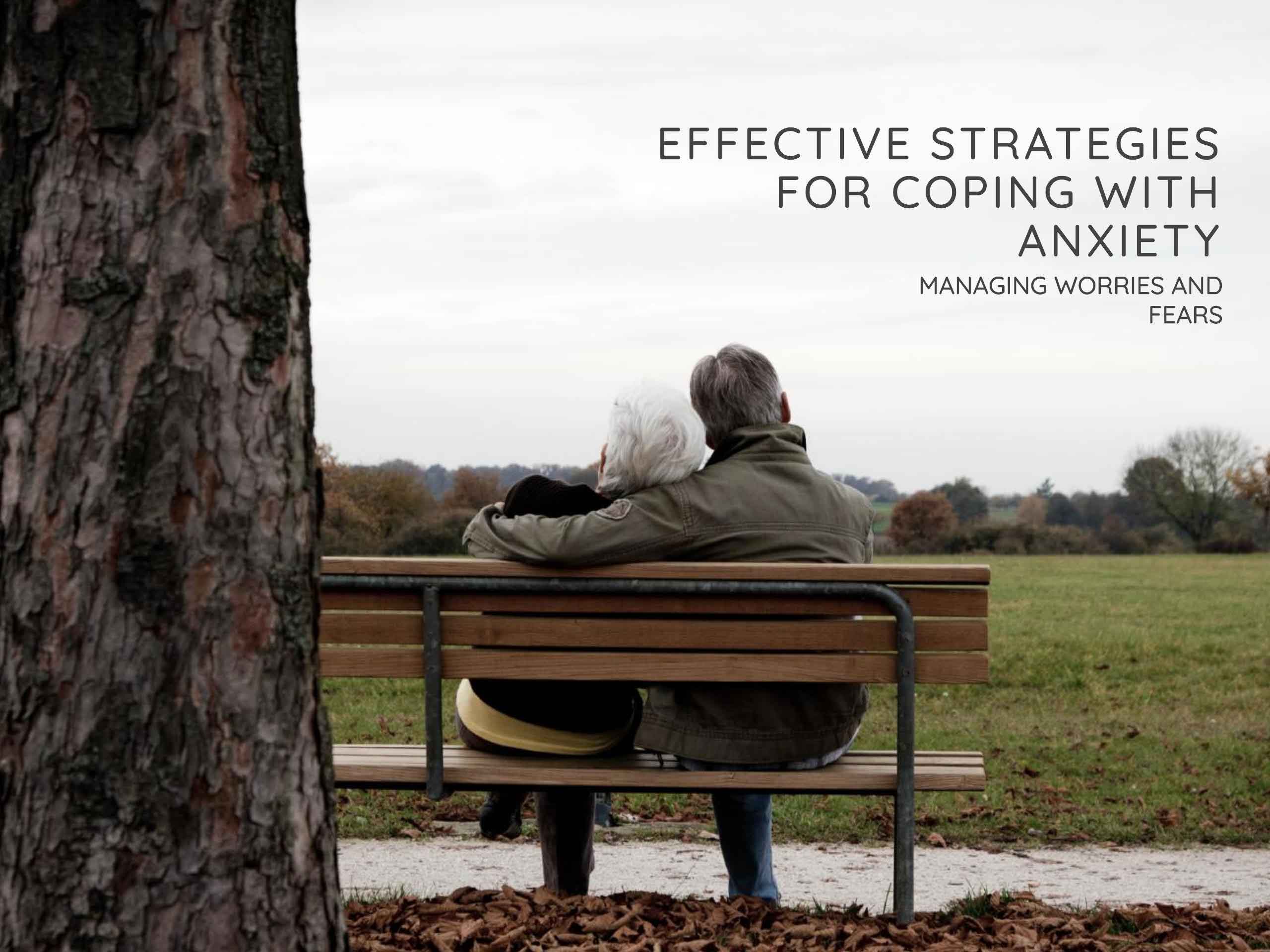Coping with Anxiety: Effective Strategies for Managing Worries and Fears

Anxiety is a common ailment affecting millions of individuals globally. Characterized by feelings of worry, fear, and apprehension, anxiety can impede daily functioning and diminish quality of life. However, effective strategies are available to manage these feelings and promote mental well-being. This article explores practical approaches for coping with anxiety.
Understanding Anxiety: The Essentials
Before delving into coping strategies, it’s essential to understand anxiety itself. Anxiety can manifest as generalized anxiety disorder (GAD), panic disorder, social anxiety disorder, or specific phobias. Symptoms may range from physical signs such as increased heart rate and sweating to emotional reactions like restlessness and irritability. Identifying the specific type of anxiety one faces can significantly influence the management approach.

Mindfulness and Meditation
One of the most effective ways to cope with anxiety is through mindfulness and meditation practices. Mindfulness involves being present and fully engaging with the current moment, reducing obsessive thoughts about the past or future. Regular meditation can help individuals develop a greater sense of awareness and control over their thoughts and feelings.
Techniques to Incorporate:
- Focused Breathing: Spend a few minutes each day focusing on your breathing. Inhale deeply through your nose, pause for a few seconds, and then slowly exhale. This can immediately calm the nervous system.
- Guided Meditations: Utilize apps and online resources for guided meditations designed specifically for anxiety relief. These can provide structured practice for beginners.
Cognitive Behavioral Therapy (CBT): Reframing Thoughts
Cognitive Behavioral Therapy (CBT) is a well-established therapeutic approach that helps individuals identify and challenge negative thought patterns contributing to anxiety. By reframing these thoughts, individuals can gain a more balanced perspective, reducing the intensity of their worries.

How to Implement CBT:
- Journaling: Keep a journal to document anxious thoughts and feelings. Review these entries to identify patterns and trigger points.
- Cognitive Restructuring: Challenge negative thoughts by asking themselves if they are based on facts or assumptions. Replace irrational thoughts with more positive, realistic ones.
Lifestyle Changes: Building Resilience
Making certain lifestyle changes can also play an essential role in managing anxiety. These changes may seem simple but can significantly impact overall mental health.
Key Lifestyle Adjustments:
- Regular Exercise: Physical activity has a tremendous stress-relieving effect. Aim for at least 30 minutes of moderate exercise most days of the week.
- Balanced Nutrition: A well-balanced diet contributes positively to mental health. Foods rich in omega-3 fatty acids, antioxidants, vitamins, and minerals can help reduce anxiety.
- Quality Sleep: Prioritize sleep hygiene to ensure adequate rest. Sleep deprivation can exacerbate anxiety symptoms.
Building a Support Network: Connection Matters
Seeking support from friends, family, or support groups can help alleviate feelings of isolation often associated with anxiety. Social connections provide not only emotional support but also different perspectives on challenges.
Ways to Strengthen Connections:
- Open Communication: Share feelings and concerns with trusted individuals who can provide a listening ear and empathy.
- Support Groups: Consider joining a local or online support group where individuals can share experiences and coping strategies in a safe environment.
Conclusion: Taking the Next Step
Coping with anxiety is a personal journey that may require experimentation to find the most effective approaches. Individuals can regain control over their worries and fears by integrating mindfulness practices, embracing cognitive behavioral strategies, making mindful lifestyle changes, and leaning on a support network. Remember that it is always beneficial to consult with a mental health professional for personalized guidance. Remember, managing anxiety is not about eliminating it but rather learning how to navigate it more effectively.
#CopingWithAnxiety #MentalHealthAwareness #AnxietyManagement #StressRelief #Mindfulness #EmotionalWellness #SelfCare
Photo: @Freepik, @unsplash, @Microsoft Designer

